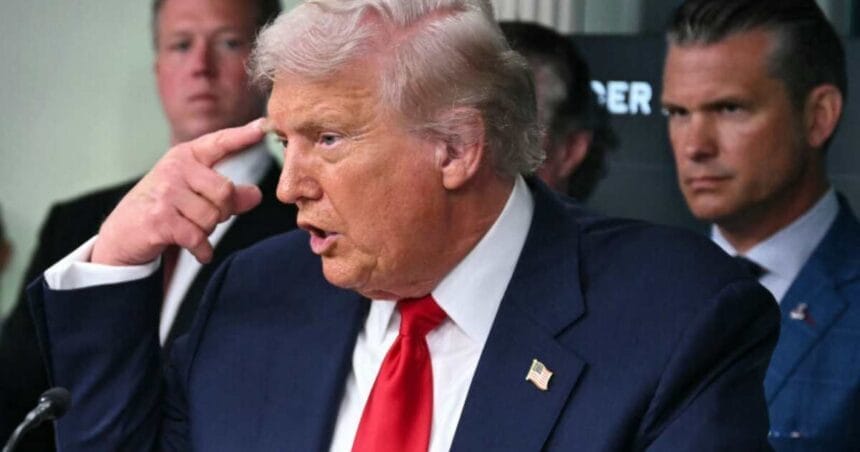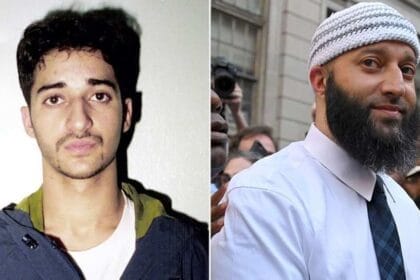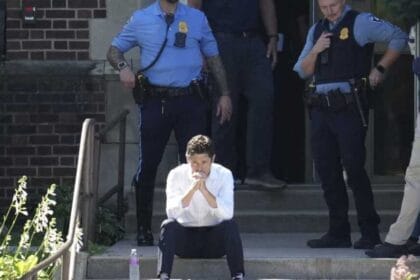Former President Donald Trump has previewed a sweeping plan to crack down on crime, delivering his message beyond Washington in a bid to connect directly with voters concerned about safety in their communities. Speaking at a rally outside the Beltway, Trump positioned crime as one of the central issues of his political agenda, framing it as both a national crisis and a failure of current leadership.
Emphasis on Public Safety
In his remarks, Trump painted a stark picture of rising crime rates in cities across the United States, accusing political opponents of failing to act decisively. He argued that Americans are growing increasingly anxious about violence, theft, and drug-related offenses, promising that his administration would restore law and order with strict enforcement and tougher sentencing.
A Focus Beyond Washington
The decision to outline his plan outside the traditional corridors of power was deliberate. Trump has long portrayed himself as an outsider to the Washington establishment, and by addressing crime concerns directly in front of grassroots supporters, he sought to strengthen his populist message. Analysts say the move underscores his intent to present himself as a leader in touch with the everyday struggles of citizens.
Policy Signals
Although detailed proposals have yet to be released, Trump highlighted several measures he would prioritize. These include increased funding for police departments, stronger penalties for repeat offenders, and a renewed focus on combating organized crime and drug cartels. He also hinted at closer cooperation between federal and state law enforcement agencies, suggesting that crime prevention would be a “whole-of-government mission.”
Political Strategy
Observers note that crime and public safety have become key talking points ahead of the next election cycle. By placing crime at the center of his platform, Trump is seeking to differentiate himself from opponents he claims are “weak on crime.” His message appears aimed not only at energizing his base but also at swaying undecided voters who view security as a top priority.
Public Reaction and Debate
Reactions to Trump’s remarks have been mixed. Supporters cheered his commitment to stronger law enforcement, arguing that such policies are necessary to restore order in cities struggling with rising violence. Critics, however, accused him of stoking fear and failing to address the root causes of crime, such as poverty, inequality, and access to education. Civil liberties groups also raised concerns about potential overreach in policing and criminal justice reforms.
Looking Ahead
With crime expected to remain a central issue in the national debate, Trump’s early focus on the subject signals how he intends to frame his campaign narrative. Whether his promises resonate beyond his core base will likely depend on how voters weigh concerns about safety against broader issues like the economy, healthcare, and foreign policy.
For now, Trump’s message is clear: if he returns to the White House, tackling crime will be a central pillar of his agenda.














